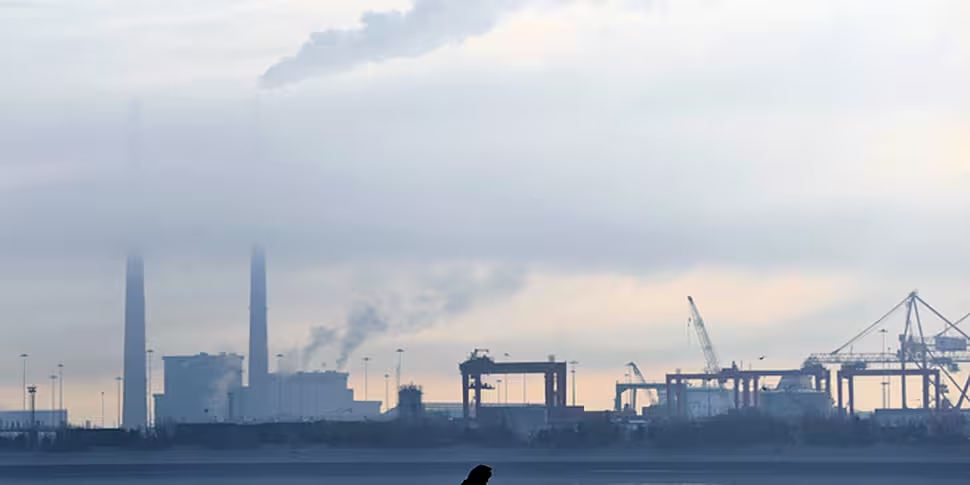European leaders have agreed to cut greenhouse gas emissions in the EU to at least 40 per cent below 1990 levels by 2030. However, special concessions have been agreed to allow Ireland to not achieve the same targets, a move which critics say will hold back Ireland’s long-term environmental aims.
Taoiseach Enda Kenny yesterday pressed European leaders to grant special concessions to Ireland on emissions targets due to our dependence on agriculture.
While no specific national targets have yet been set, European leaders granted this concession for Ireland, deeming the targets “unreachable” for Ireland.
The deal was agreed by leaders at an EU summit in the early hours of this morning after lengthy negotiations and comes ahead of key international climate negotiations next year.
Three targets were agreed upon this morning: 40 per cent reduction in greenhouse gases, 27 per cent increase in renewable energy and a 27 per cent increase in energy efficiency over 1990 levels.
“This package is very good news for our fight against climate change,” the European Commission president, Jose Manuel Barroso said. “No player in the world is as ambitious as the EU.”
Poland, who get 90% of energy from coal burning plants, also heavily objected to these targets.
Green Party leader Eamon Ryan says rather than seeking concessions, Irish farming should become more environmentally friendly:
“It means for transport and energy that they’re going to have to do more of the heavy lifting. But secondly I think it risks kind of saying to Irish farming ‘we have a free for all now, we have a pass lads, we can do whatever we want, we can double output.
“That is not the case. I think what we would be much better off doing (is) going with really genuine low carbon products (and) getting a high price for it,” Ryan said.
The targets, and the dispensations to avoid Ireland to avoid reaching them, have been criticised as short term thinking and lacking in ambition.
However, the Environmental Pillar, an association of various Irish environmental groups, believe that achieving Europe’s stated long term goals of carbon emission levels is unlikely with the current targets and more profound emphasis should have been put on Europe's growing renewable sector.
"These levels are neither ambitious nor challenging enough for EU states. They will slow down the effort to convert to renewable energy sources, and will continue our addiction to fossil fuel use," says Cillian Lohan of the Environmental Pilla.
"We have decided to place the burden of dealing with Climate Change on the next generation. Children that have just started school this year will be expected to pay for our continuing failure to deal with climate change."
Poland threatened to veto the deal unless their economy and industry was compensated for €15bn-€20bn of costs incurred, through a complex system of concessions from the EU’s carbon trading system.
These concessions allow Poland to continue availing of hundreds of millions worth of free allowances to mdoernise coal-fired power plants.
“It’s scandalous,” Julia Michalak, a spokeswoman for Climate Action Network Europe, told The Guardian. “A continuation of free emission permits for Poland’s coal-reliant energy system would be a grave mistake. Leaders who came to Brussels to agree new historic climate goals, are actually discussing whether to hand out money to Europe’s dirtiest power plants.”









